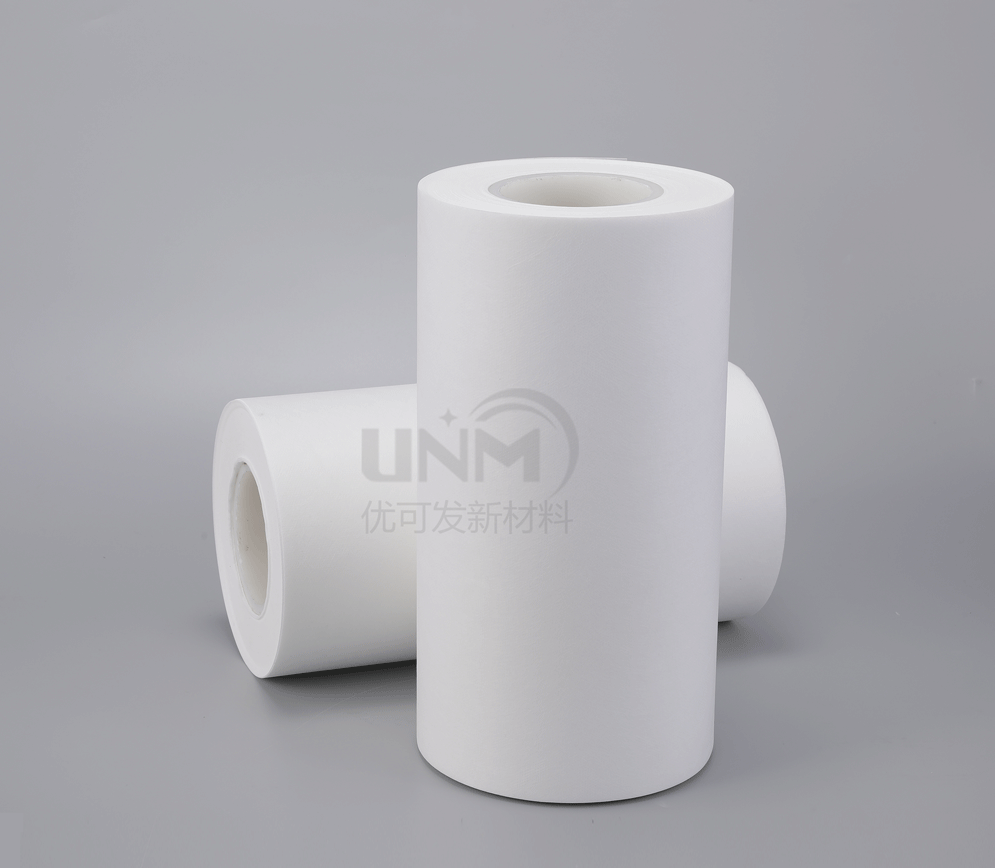In semiconductor manufacturing clean rooms, FFU filter membrane plays a very important role in providing a highly clean air environment. Semiconductor manufacturing has very high requirements on air quality, so it requires the use of specially designed and high-filtrationFFU filter membranes.

The following are the FFU filter membranes commonly used in semiconductor manufacturing clean rooms:
1. HEPA filter: HEPA (particulate air) filter is one of the more common choices. It has a high particle filtration efficiency, which can usually remove particles with a diameter of 0.3 microns and provides a filtration efficiency of more than 99.97%. HEPA filters are useful for controlling tiny particles produced during semiconductor manufacturing.
2. ULPA filter: ULPA (ultra-low permeability air) filter is a higher-level filter that is also widely used in semiconductor manufacturing use. ULPA filters have high filtration efficiency, can remove particles with a diameter of 0.1 microns, and provide a filtration efficiency of more than 99.9999%. They remove fine dust very well and ensure extremely low particle levels inside the clean room.
3. Gas filter: In addition to particle filtration, semiconductor manufacturing clean rooms also need to handle some gaseous pollutants. Therefore, gas filters may be used in FFU to remove harmful gases or chemicals from the clean room air. These filters usually use adsorbents or catalysts and can effectively remove volatile organic compounds (VOCs), acidic gases, alkaline gases, etc.
When selecting FFU filter membranes for semiconductor manufacturing clean rooms, the selection needs to be based on specific environmental requirements and particle size ranges. At the same time, regular replacement and maintenance of filter membranes are also important measures to ensure the continuous operation of the clean room. Relevant industry standards and guidelines can be consulted to ensure the appropriate filter membrane is selected. Interested parties are welcome to enter the store and contact us.
</p




